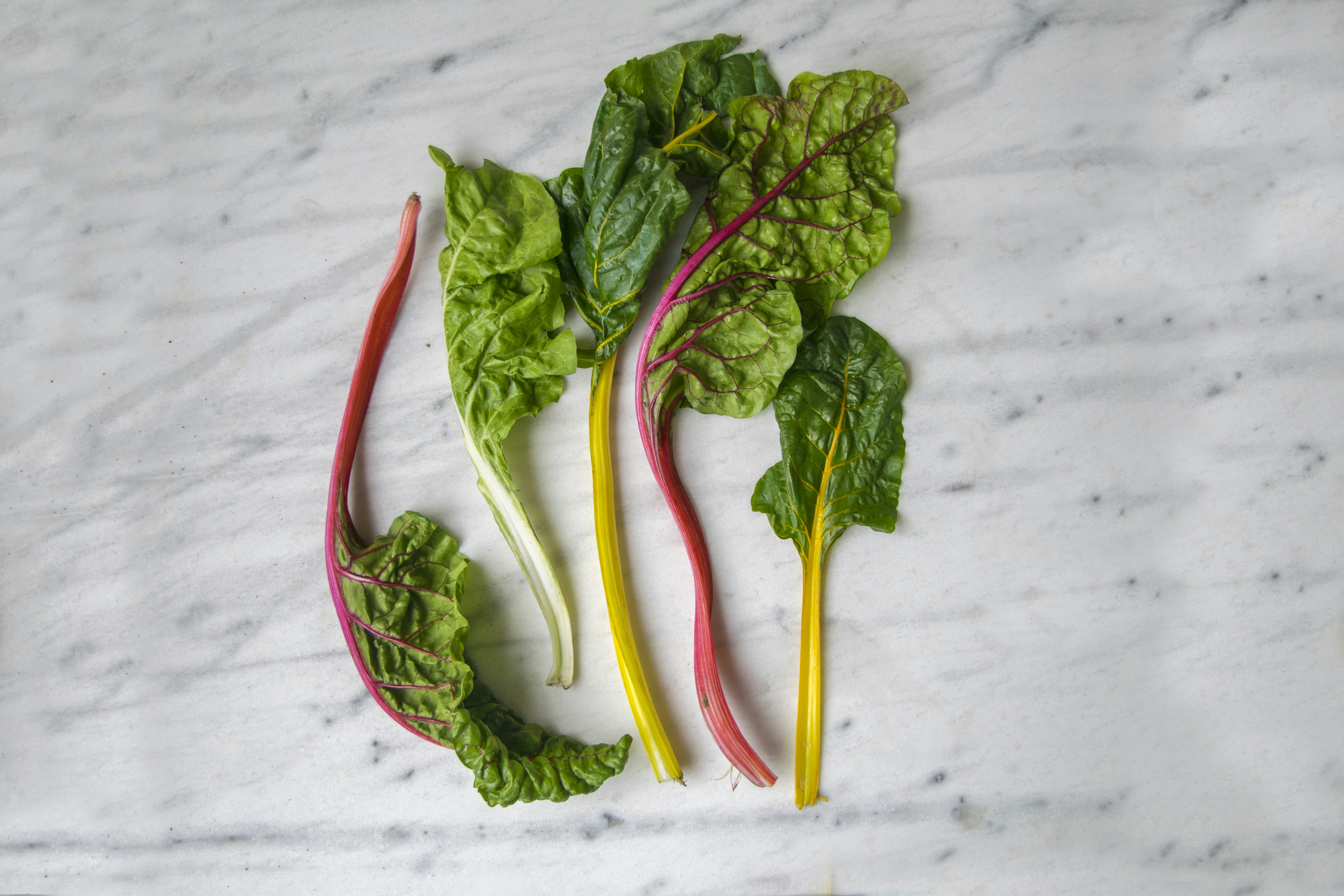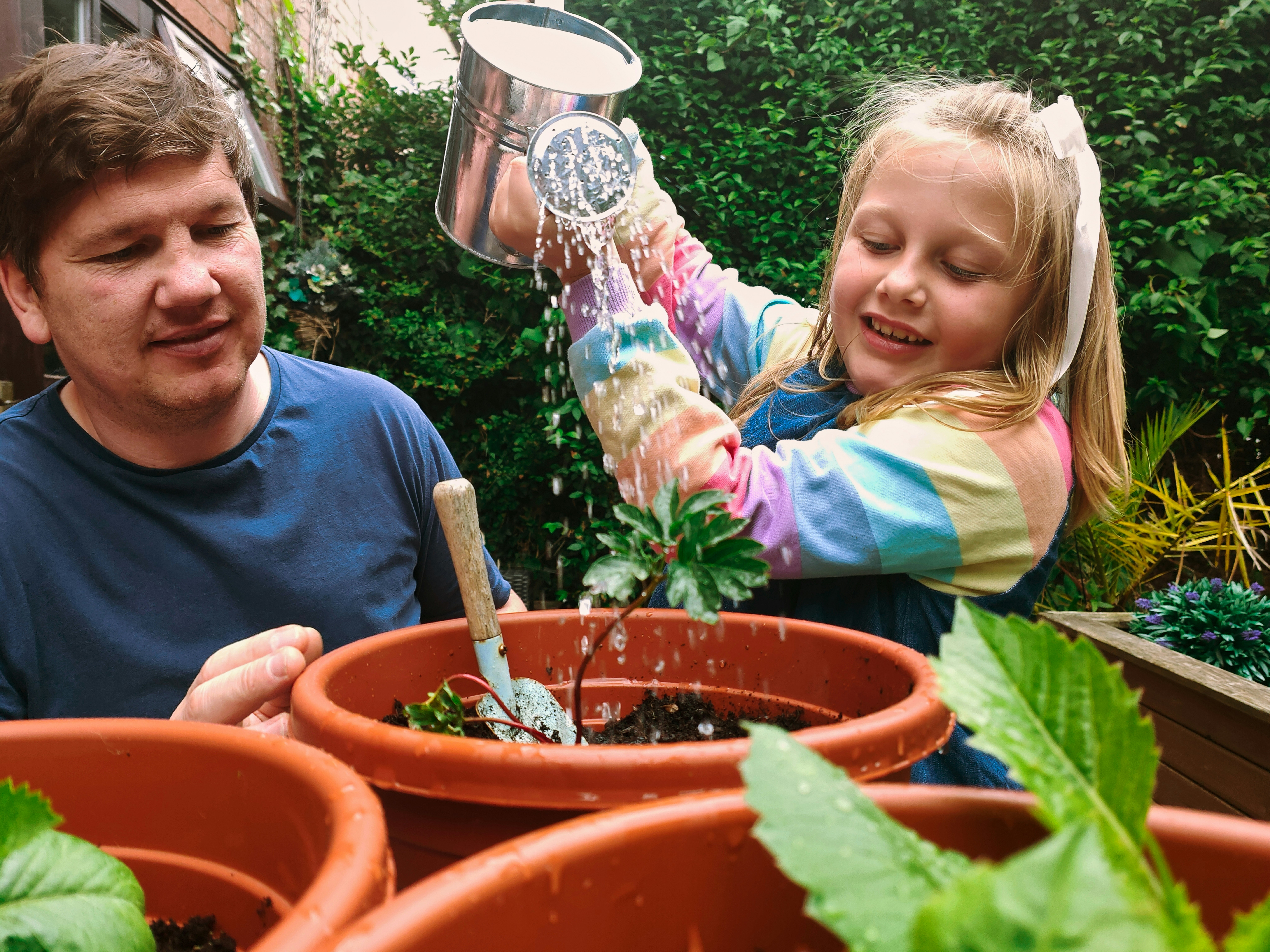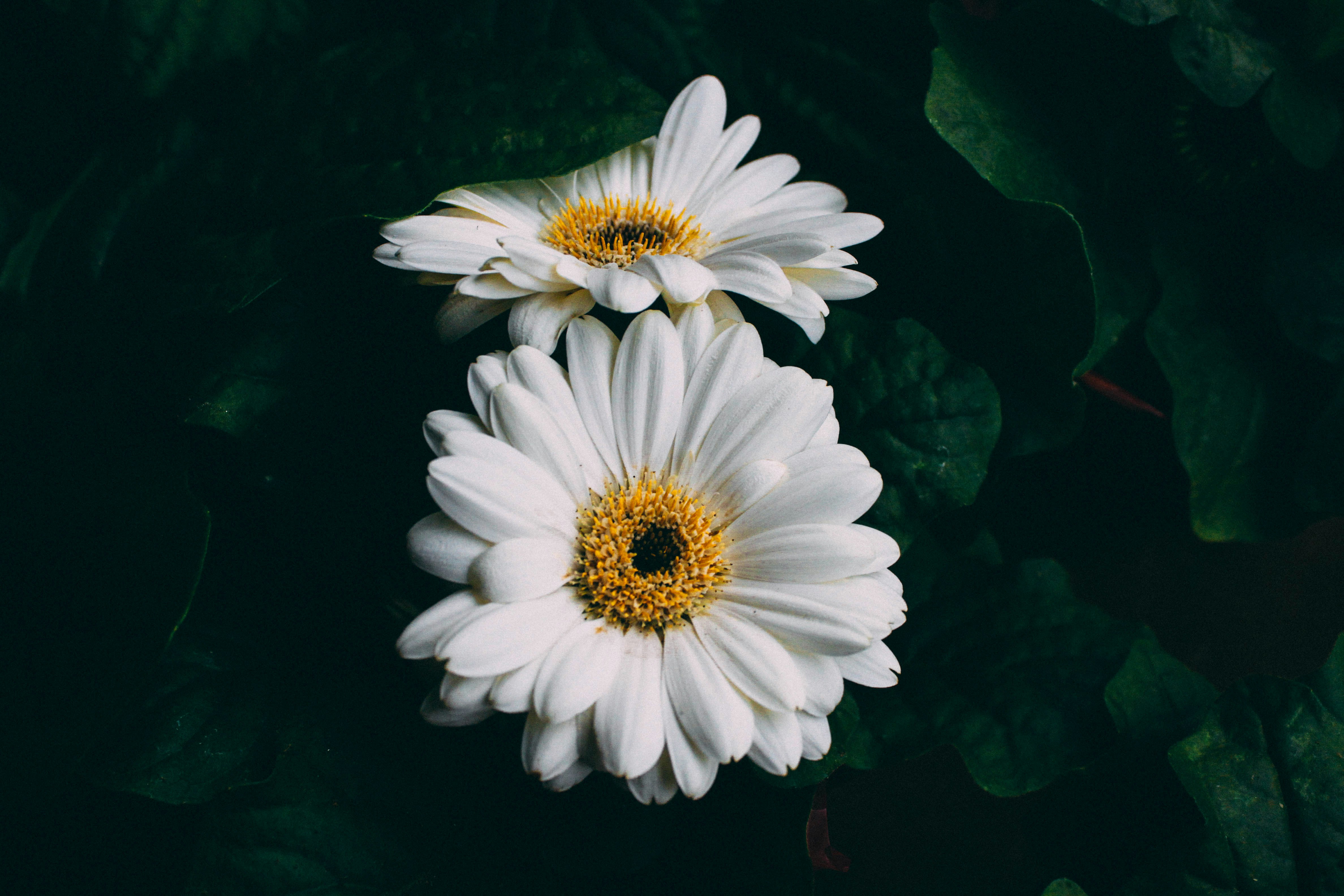Are you tired of dealing with aphids wreaking havoc on your plants? Look no further! In this article, we will explore natural methods to eliminate these pesky pests. From homemade sprays to beneficial insects, you will discover effective and safe ways to protect your beloved garden. Say goodbye to chemical-laden solutions and hello to an eco-friendly approach that will have your plants thriving in no time. So, grab your gardening gloves and let’s dive into the world of natural aphid control!
Identifying Aphids
Aphids are tiny insects that can wreak havoc on your garden plants. They are usually green or red in color and have soft bodies. You can easily identify aphids by their pear-shaped bodies and long antennae. In addition, aphids have two long tubes called cornicles on their rear end. These cornicles emit a sweet, sticky substance known as honeydew, which can attract ants. Keep an eye out for clusters of aphids on the undersides of leaves or on the stems of your plants.
Physical characteristics of aphids
Aphids come in various colors, including green, red, black, brown, or yellow. They have soft, pear-shaped bodies that range from a few millimeters to a centimeter in size. These small insects have long antennae and legs, allowing them to move quickly on plants. The cornicles on their rear end are distinctive features that set them apart from other garden pests. Understanding the physical characteristics of aphids can help you accurately identify and control them in your garden.
Common plants affected by aphids
Aphids are not picky eaters and can infest a wide range of plants. Some common plants that are frequently attacked by aphids include roses, tomatoes, peppers, melons, cucumbers, beans, lettuce, and cabbage. These pesky insects can cause stunted growth, distorted leaves, yellowing, and even plant wilting. It is important to be vigilant and regularly inspect your plants for aphid infestations to prevent further damage.
Preventing Aphids
The best way to deal with aphids is by preventing them from infesting your plants in the first place. By creating a healthy and balanced garden environment, you can discourage aphids from taking up residence.
Promote healthy plant growth
Aphids are more likely to target weak and stressed plants. To prevent infestations, focus on maintaining the overall health of your plants. Ensure they receive adequate sunlight, water, and nutrients. Regularly fertilize your plants to support their growth and strengthen their immune system. By providing a favorable growing environment, you can minimize the risk of aphids attacking your plants.
Encourage beneficial insects
Nature has its own way of keeping aphid populations in check. Encouraging beneficial insects that feed on aphids can be an effective preventive measure. Ladybugs, lacewings, and hoverflies are natural predators of aphids and can help control their numbers. Planting nectar-rich flowers and herbs, such as daisies, marigolds, and fennel, can attract these beneficial insects to your garden. By creating a welcoming habitat for these defenders, you can reduce the likelihood of aphid infestations.
Non-Chemical Control Methods
If aphids have already made themselves at home in your garden, there are several non-chemical control methods you can employ to get rid of them.
Pruning and removing infested plant parts
If you notice aphids on a particular plant, promptly prune and discard the infested parts. By removing the affected leaves, stems, or flowers, you can prevent the aphids from spreading to other areas of the plant or nearby plants. Be sure to dispose of the pruned material away from your garden to avoid reinfestation.
Using strong water spray
Aphids can be dislodged from plants using a strong spray of water. Using a hose with a high-pressure nozzle or a spray bottle, direct the water towards the infested areas. The force of the water will knock the aphids off the plants, effectively reducing their population. Repeat this process regularly until the aphids are under control.
Introducing natural predators
As mentioned earlier, beneficial insects like ladybugs, lacewings, and hoverflies feed on aphids. You can introduce these predators into your garden to naturally control aphid populations. Many garden centers offer these insects for purchase, or you can attract them by planting their favorite flowers and herbs. Once the beneficial insects establish themselves, they will help keep aphids in check.
Applying insecticidal soap
Insecticidal soaps are a safe and effective option for controlling aphids. These soaps are made from natural ingredients and work by suffocating the aphids. To use insecticidal soap, dilute it according to the manufacturer’s instructions and apply it to the affected plants. Ensure thorough coverage of the infested areas, including the undersides of leaves. Repeat the application as necessary, especially after rain or irrigation.
Home Remedies
If you prefer to use homemade solutions to combat aphids, there are several options available that are both eco-friendly and cost-effective.
Garlic spray
Garlic is known for its strong scent, which aphids find repulsive. To make a garlic spray, crush several cloves of garlic and mix them with water. Allow the mixture to steep overnight and strain it before use. Spray the garlic solution on your plants, concentrating on the affected areas. The pungent odor will deter aphids and help control their population.
Neem oil spray
Neem oil is derived from the neem tree and has insecticidal properties. It disrupts aphids’ hormonal balance, impairs their feeding, and inhibits their growth and reproduction. Mix neem oil with water according to the instructions on the product label and spray it on your plants. Make sure to cover all sides of the leaves, as aphids often hide on the undersides.
Soap spray
Soap spray can be an effective homemade remedy for aphids. Mix a few teaspoons of mild liquid soap, such as dish soap, with water and put the solution into a spray bottle. Spray your plants, focusing on the affected areas. The soap will suffocate the aphids and prevent them from causing further damage.
Oil and vinegar mixture
A mixture of oil and vinegar can help control aphid infestations. Combine equal parts vegetable oil and vinegar in a spray bottle. Shake the mixture well before applying it on your plants. This homemade remedy coats the aphids and interferes with their feeding, ultimately reducing their numbers.
Hot pepper spray
Hot peppers contain capsaicin, a compound that aphids find irritating and avoid. To make a hot pepper spray, blend a handful of hot peppers with water and strain the mixture. Pour the liquid into a spray bottle and generously spray your plants, paying attention to the areas infested with aphids. The spicy spray acts as a deterrent, keeping aphids at bay.
Companion Planting
Companion planting involves strategically placing certain plants together to benefit each other. When it comes to aphids, you can use companion planting to both attract aphid predators and repel aphids themselves.
Attracting aphid predators with companion plants
Certain plants attract aphid predators, such as ladybugs, lacewings, and hoverflies. By interplanting these predator-attracting plants with your susceptible plants, you can create a natural defense against aphids. Examples of predator-attracting companion plants include daisies, yarrow, fennel, and dill. Not only will these companion plants help control aphids, but they can also provide additional beauty and variety to your garden.
Repelling aphids with companion plants
Some plants have natural repellent properties that aphids find unappealing. By planting these repellent companion plants alongside your susceptible plants, you can discourage aphids from settling in. Mint, catnip, and chives are known to repel aphids and can be beneficial additions to your garden. Integrated with proper preventive practices, companion planting can help maintain a healthy balance and reduce the risk of aphid infestations.
Organic Pest Control Products
If natural remedies and preventive measures are not yielding satisfactory results, you may consider using organic pest control products to combat aphids.
Pyrethrin-based sprays
Pyrethrin, derived from chrysanthemum flowers, is a natural insecticide that effectively kills aphids and other pests. Pyrethrin-based sprays are readily available in garden stores and can be applied directly to infested plants. It is important to follow the product instructions carefully and use the recommended protective measures while using these sprays.
Insecticidal oils
Insecticidal oils, such as horticultural oil or neem oil, can be used to control aphids. These oils smother pests by coating their bodies and disrupting their vital functions. Dilute the oil according to the product instructions and spray it onto the affected plants. Be cautious when using oils during hot weather or on delicate plant species, as they can cause leaf burn.
Diatomaceous earth
Diatomaceous earth is a natural substance made from the fossilized remains of diatoms, a type of algae. It is available in powder form and acts as a mechanical insecticide. Sprinkle diatomaceous earth around the base of infested plants or apply a light dusting directly on the foliage. The microscopic sharp edges of the diatoms will damage the aphids’ exoskeleton, leading to dehydration and eventual death.
Insecticidal soaps
Insecticidal soaps, available in liquid or powder form, are made from potassium salts of fatty acids. These soaps work by breaking down the aphids’ outer protective layer, causing desiccation and death. Dilute the soap according to the product instructions and spray it onto the infested plants. Take care not to oversaturate the plants, as excessive application may damage the foliage.

Using Beneficial Insects
Beneficial insects play a crucial role in natural pest control. By attracting and supporting these insect allies, you can effectively control aphid populations.
Ladybugs (Lady Beetles)
Ladybugs are well-known predators of aphids and can consume a large number of them in a short period of time. To attract ladybugs to your garden, plant nectar-rich flowers such as marigolds, daisies, and calendula. Ladybugs can also be purchased from garden centers and released into your garden as a natural aphid control measure.
Lacewings
Lacewings are another useful insect for aphid control. The larvae of lacewings are voracious aphid predators, feeding on hundreds of aphids during their developmental stage. Planting flowers with small, nectar-rich blooms like yarrow, daisies, and alyssum can help attract lacewings to your garden.
Hoverflies
Hoverflies, also known as flower flies, are excellent aphid predators. The larvae of hoverflies feed on aphids, thrips, and other small insects. Hoverflies are attracted to plants with small, open flowers such as daisies, sunflowers, and alyssum. By providing the proper plants and habitat, you can encourage hoverflies to take up residence in your garden and naturally control aphid populations.
Physical Barriers
Physical barriers can be an effective means of preventing aphids from infesting your plants. These barriers create a physical barrier that both restricts aphid access and prevents them from laying eggs on your plants.
Horticultural fleece or row covers
Horticultural fleece or row covers are lightweight fabrics that can be draped over your plants. These covers create a physical barrier that blocks aphids from reaching your plants. Ensure that the covers are securely anchored to the ground to prevent aphids from gaining access from underneath. Horticultural fleece or row covers can also provide protection against other garden pests and harsh weather conditions.
Netting or mesh barriers
Netting or mesh barriers, such as insect screening, can be placed around individual plants or entire garden beds. These barriers have small openings that prohibit aphids from passing through while still allowing airflow and sunlight for your plants. Secure the netting or mesh tightly to prevent any gaps that could potentially allow aphids to enter. Regularly inspect the barriers for any damage or wear and repair as necessary.

Repellent Plants
Aphids can be deterred from infesting your plants by incorporating certain repellent plants into your garden. These plants emit scents or contain chemicals that aphids find unattractive.
Mint
Mint plants, including peppermint and spearmint, have a strong aroma that aphids dislike. By planting mint around your susceptible plants, you can create a natural barrier that discourages aphids from settling in. The pleasant scent of mint not only repels aphids but also adds a refreshing fragrance to your garden.
Catnip
Catnip, a member of the mint family, is known for its effect on cats. However, it can also repel aphids. Planting catnip near vulnerable plants can help deter aphids from infesting them. Take precautions if you have pet cats, as they may be attracted to the catnip and cause damage to the surrounding plants.
Chives
Chives not only add flavor to your dishes but also repel aphids. The natural sulfur compounds in chives act as a natural repellent to aphids. Planting chives alongside roses, carrots, or lettuce can help protect these plants from aphid infestations. Enjoy the benefits of chives in your meals while simultaneously keeping aphids at bay.
Crop Rotation
Crop rotation is a technique used to disrupt the life cycles of pests like aphids and reduce their populations from year to year.
Disrupting aphid life cycles
Aphids have specific host plants that they prefer to feed on. By rotating your crops, you can deprive aphids of their favorite plants and disrupt their life cycles. Avoid planting susceptible plants in the same area for consecutive growing seasons. Instead, rotate them with unrelated plants. This break in the pattern reduces the chances of aphids establishing themselves and causing significant damage.
Reducing aphid populations
Crop rotation not only interrupts aphid life cycles but also reduces their populations over time. By systematically rotating your crops, you expose any aphids that may have overwintered in the soil or plant debris to different growing conditions and predators. This natural population control measure can help keep aphid numbers in check and prevent major infestations.
In conclusion, dealing with aphids naturally requires a multifaceted approach. Identifying the aphids, implementing preventive measures, employing non-chemical control methods, using home remedies, exploring companion planting and repellent plants, utilizing organic pest control products, introducing beneficial insects, utilizing physical barriers, and practicing crop rotation are all effective strategies. By utilizing these methods in combination, you can effectively manage aphids and maintain a thriving, pest-free garden. So roll up your sleeves, put on your gardening gloves, and embark on a journey to naturally rid your garden of aphids. Happy gardening!






